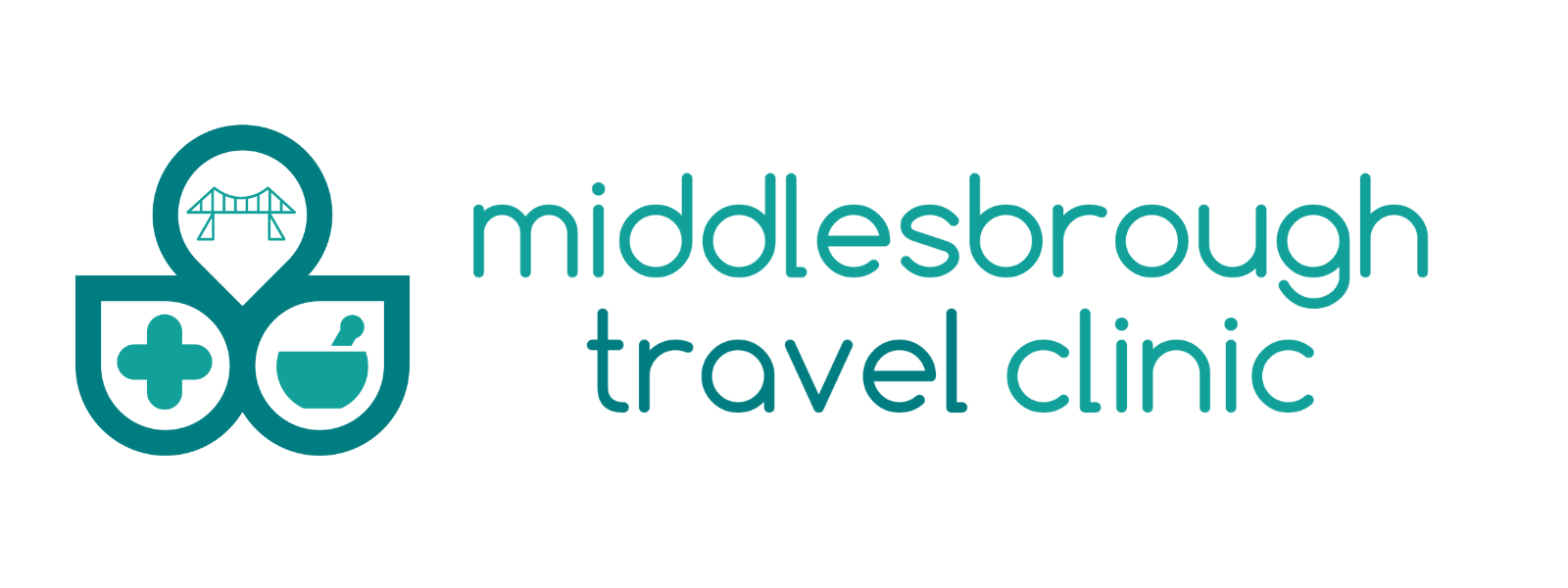Japanese Encephalitis
Japanese encephalitis is a potentially serious viral infection that affects the brain and is transmitted to humans by mosquitoes. It is most common in large areas of Asia and the Pacific rim.
The mosquitoes that transmit this infection are predominantly active at night, from dusk to dawn, and are plentiful in rural places, where rice plantations and pig farming are common. Nevertheless, they have also been found in urban places.
The risk for most travellers to Asia contracting the infection is very small, especially if they are going for short-term visits to urban places. Generally, cases of Japanese encephalitis among people from non-affected countries travelling to Asia is approximately less than one case out of 1 million travellers. The risk varies depending on: destination, duration of stay, season, and activities involved. Individuals who plan to stay or travel in enedemic places for long durations of time and have rural trips during transmission seasons have a higher risk of contracting the infection.
Some activities in rural areas, performed outdoors or at night, even during short trips, might lead to exposure. Examples of these activities are; fieldwork or camping.
A number of people infected with the Japanese encephalitis virus do not show any symptoms. However, when symptoms occur they include headache, fever, and confusion. In symptomatic cases, the number death increases and neurological complications are common, therefore immediate hospitalisation is required.
Prevention
The risk of contracting Japanese encephalitis can be lowered by avoiding insect bites avoidance, mostly between dusk and dawn, when Culex mosquitoes are more active.
Japanese Encephalitis Vaccination
An approved Japanese Encephalitis vaccine; IXIARO® is available. It is suitable for anyone planning on staying for a longer duration in rural areas where the infection is noted occurs during the main transmission season or whose planned activities puts them at risk. The vaccination is recommended to persons aged 2 months and above.
Accelerated Schedule
As of August 2015, the marketing authority for IXIARO® Japanese encephalitis vaccine changed to incorporate an accelerated schedule. Individuals aged 18-65 years can get the vaccination as follows: first dose at day 0, second dose, 7 days after the first dose.
Book Now!
